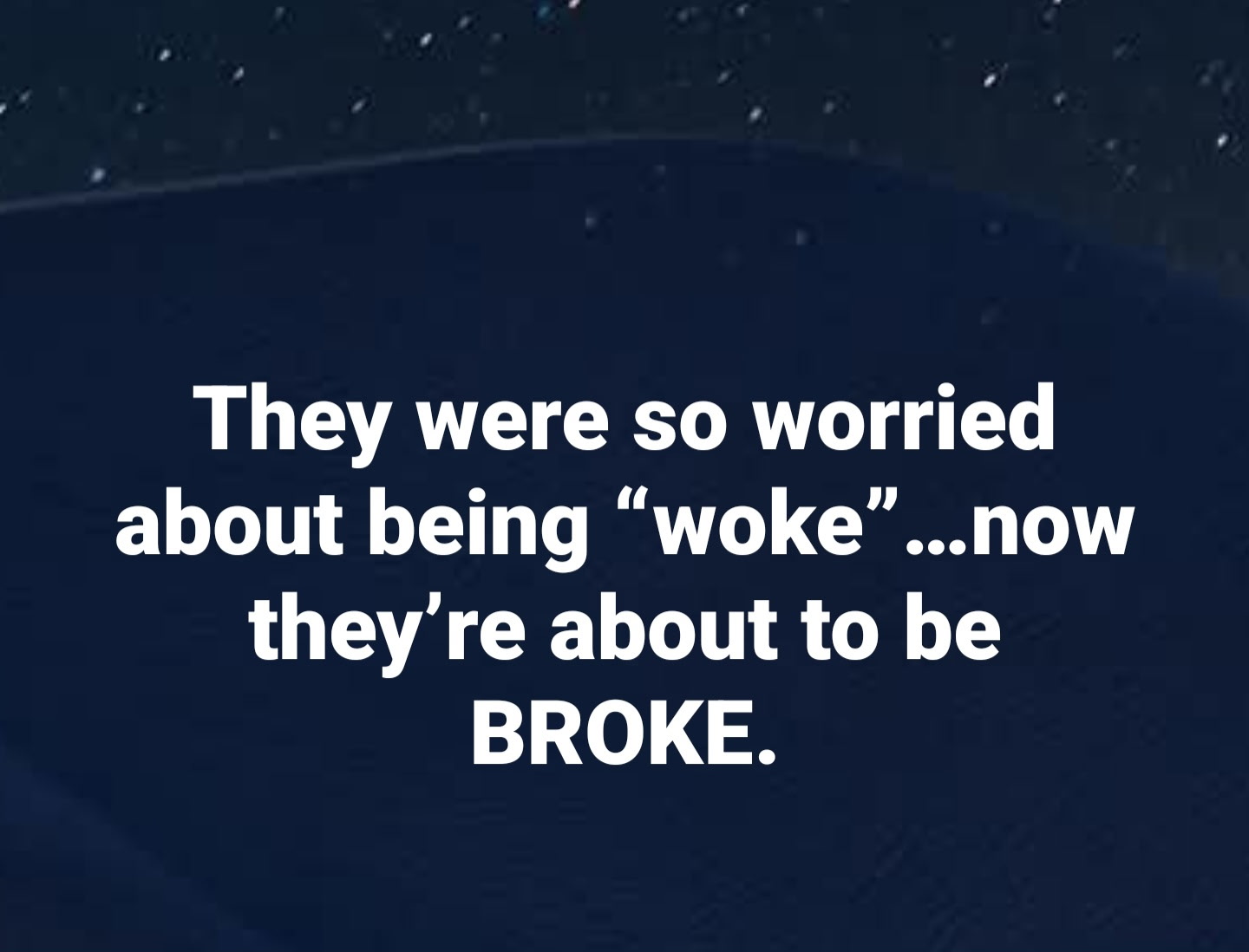this post was submitted on 05 Apr 2025
491 points (97.1% liked)
Leopards Ate My Face
6203 readers
494 users here now
Rules:
- If you don't already have some understanding of what this is, try reading this post. Off-topic posts will be removed.
- Please use a high-quality source to explain why your post fits if you think it might not be common knowledge and isn't explained within the post itself.
- Links to articles should be high-quality sources – for example, not the Daily Mail, the New York Post, Newsweek, etc. For a rough idea, check out this list. If it's marked in red, it probably isn't allowed; if it's yellow, exercise caution.
- The mods are fallible; if you've been banned or had a comment removed, you're encouraged to appeal it.
- For accessibility reasons, an image of text must either have alt text or a transcription in the comments.
- All Lemmy.World Terms of Service apply.
Also feel free to check out [email protected] (also active).
Icon credit C. Brück on Wikimedia Commons.
founded 2 years ago
MODERATORS
you are viewing a single comment's thread
view the rest of the comments
view the rest of the comments
















Most of boomers will have their 401k (unknowingly) invested into the stock market by their employers.
If they didn't have the independance of mind to recognize shit was going down because of the prez, then it could take their retirement years to recover.
That's not what a 401(k) is. A 401(k) is just a regular investment account that has special rules around taxes because it's meant to be cashed out when you retire. Everything in a 401(k) is in the stock market (though it can include bonds, mutual funds, etc. too), and none of it is managed by the employer. The employer just makes contributions that the employee decides how to manage.
It's entirely possible that people don't understand their 401(k)s, and that the employer went with a full service broker that manages the 401(k)s on behalf of the employees. But, it's not possible for the employer to invest 401(k)s into the stock market because the employer simply makes cash contributions and then it's hands off.
Pensions are different. Pensions are things where the company agrees to pay the employee a certain amount when they retire. In that case the employer is definitely investing in the stock market -- although, in this case, they almost certainly hire a company to manage it for them.
i see, thanks for the correction.